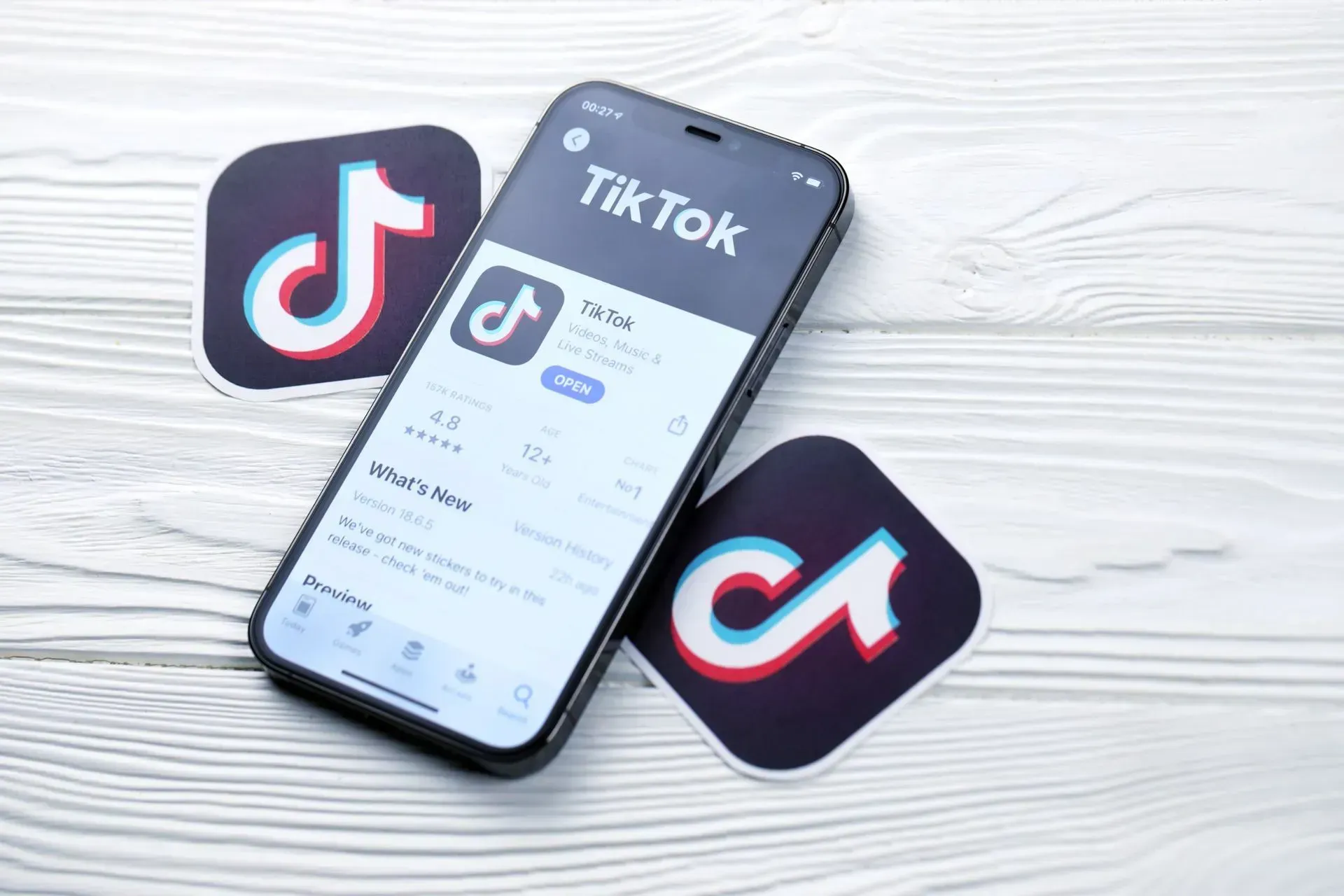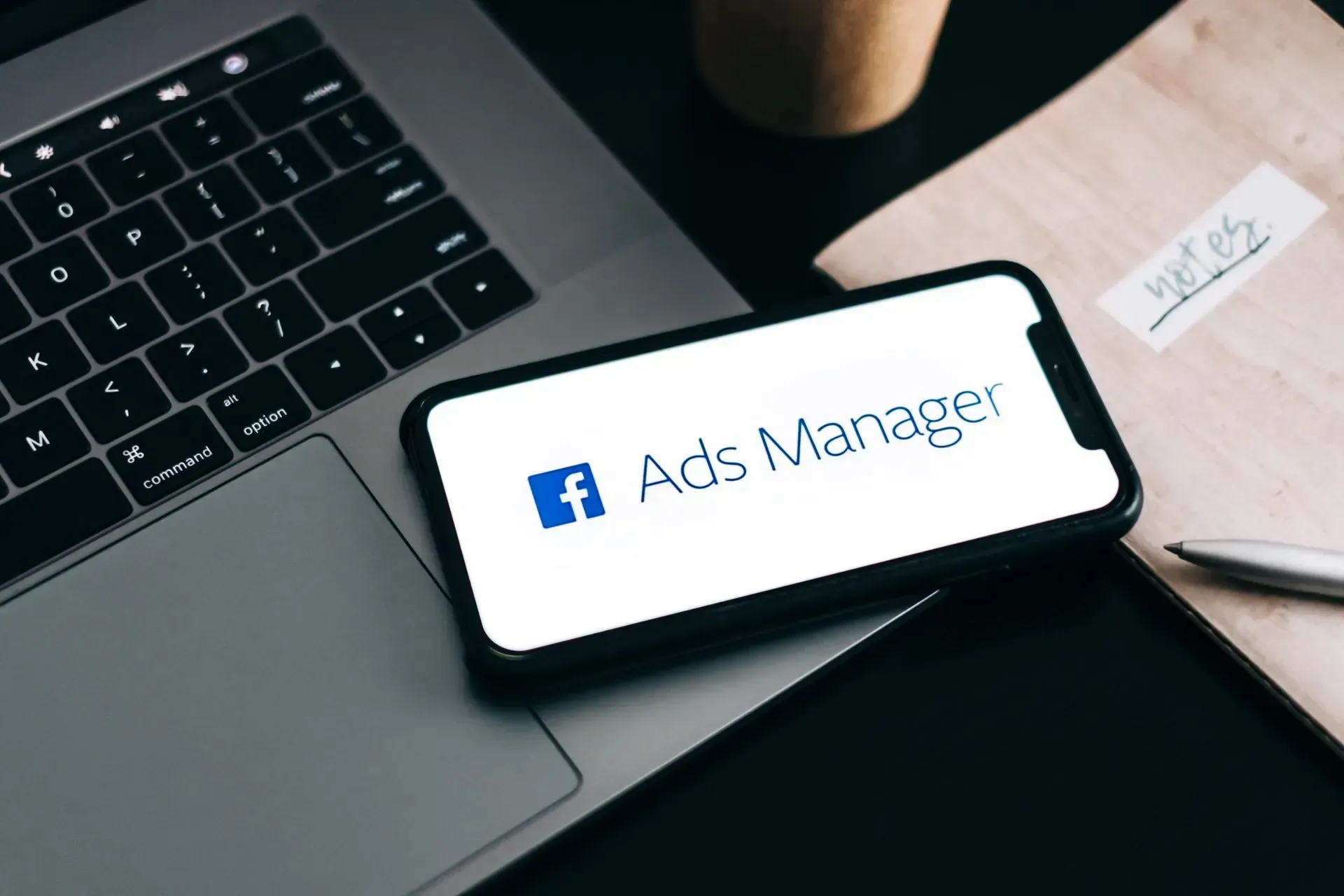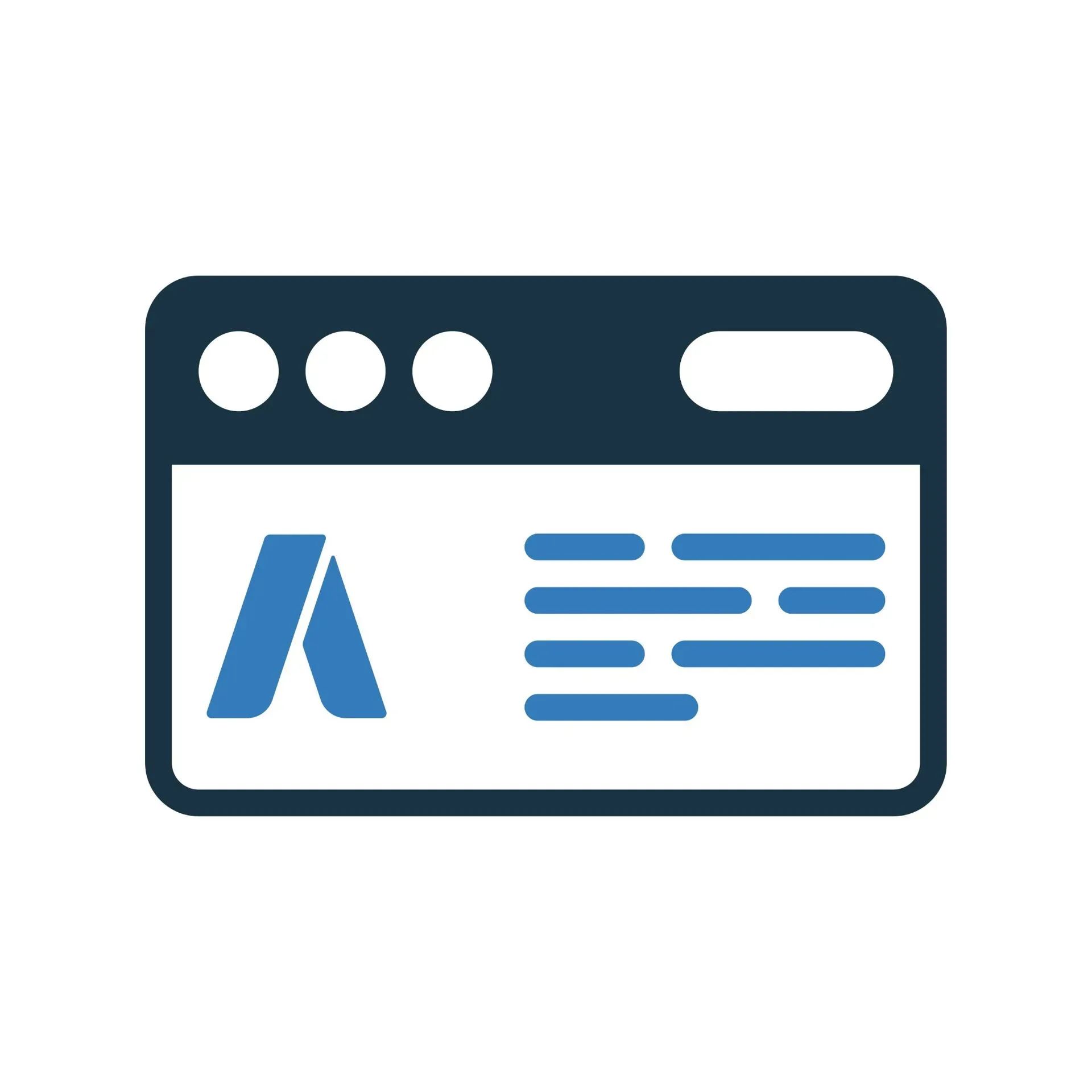Getting Started with Google Ads: Tips for Small Businesses
In today's digital economy, where online presence can make or break a business, Google Ads stands out as a prominent player. With more than 246 million unique visitors, Google's advertising platform offers unparalleled visibility.
But navigating the world of digital advertising can be daunting, especially for the uninitiated. For small business owners, every dollar of the marketing budget counts.
This comprehensive guide is tailored to help you not only set up your Google Ads account but also provide essential tips to optimize your campaigns, attract the right audience, and convert clicks into customers.
Setting Up Google Ads Account
The first step to leveraging Google's immense reach is creating an account. The process is straightforward, but requires attention to detail and a bit of strategic thinking.
Steps to Create an Account
- Visit the Google Ads Homepage: The first action is to go to Google Ads and click on the "Start now" button.
- Sign in with Your Google Account: Use your existing Google account to sign in. If you don’t have one yet, create a new Google account.
- Set Your Advertising Goal: Google Ads will prompt you to select your main advertising goal (such as getting more calls, visits to your physical location, or directing traffic to your website). This step is crucial as it helps tailor your ads to meet specific objectives.
- Select Your Business Name and Website: Enter your business name and the website URL you wish to advertise. If you don’t have a website, Google offers options to create a simple one through its platform.
- Choose Your Geographic Location: Define the geographic area where your ads will be displayed. This could be a specific city, region, or even a radius around a location. Ad targeting by location ensures your ads are being seen by users most relevant to your business.
- Set Your Budget: Decide on your daily budget for advertising. Google Ads works on a Pay-Per-Click (PPC) model, meaning you only pay when someone clicks on your ad. Carefully planning your budget helps in managing costs effectively.
- Create Your First Ad: Write your ad content, choosing titles, descriptions, and the URLs that the ad will link to. This step is your chance to craft a compelling message to attract potential customers.
- Choose Your Keywords: Select the keywords related to your business that potential customers might use to find your products or services. Google offers a Keyword Planner tool to help identify effective keywords.
- Review and Launch: Finally, review your ad to ensure everything is correct and then submit it. Google will review the ad to ensure it meets its advertising policies before it goes live.
By following these steps, you'll be able to set up your Google Ads account and start connecting with customers. Remember, the success of your ads requires continuous optimization based on performance data, allowing you to adjust strategies for better results.
Choosing the Right Campaign Type
Choosing the right campaign type is crucial for the success of your Google Ads marketing efforts. Here are some options to consider based on your business objectives:
- Search Network Campaigns: Ideal for businesses looking to show text ads on the Google search results page when users search for relevant keywords associated with their products or services.
- Display Network Campaigns: Best suited for businesses aiming to increase brand visibility through ads on a vast network of websites across the internet. These campaigns are great for visual ads that catch the eye.
- Shopping Campaigns: Perfect for e-commerce businesses that want to promote their online inventory and direct potential customers to purchase products from their website.
- Video Campaigns: These campaigns are beneficial for businesses that wish to engage users on YouTube and across the web with video ads. This format is especially powerful for storytelling or demonstrating products in action.
- App Campaigns: Designed for businesses looking to promote mobile apps. These campaigns help drive app installations and engagement by showing ads within Google’s Play Store, Search Network, Display Network, and YouTube.
- Local Campaigns: Ideal for businesses with physical locations that aim to drive foot traffic. Ads can appear across Google's properties, including the Search Network, Display Network, Google Maps, and YouTube.
Understanding the strengths and use cases of each campaign type can aid in maximizing the effectiveness of your advertising efforts.
Keyword Research
Keywords are the lifeblood of your Google Ads campaign. They're what connects your ad to a user's search query.
Importance of Keyword Research
- Understanding Your Audience: Knowing who your customers are and what they are looking for is crucial in identifying the right keywords. This involves analyzing your target market and understanding their behavior and preferences.
- Using Keyword Planner: Google's Keyword Planner tool is invaluable for finding keywords related to your business and estimating how those keywords might perform.
- Long-tail Keywords: These are longer and more specific keyword phrases. They are usually less competitive and can drive more qualified traffic.
- Analyzing Competition: Look at the keywords your competitors are targeting. This can provide insights into what is working in your industry and help you to refine your keyword strategy.
- Keyword Relevance: Choose keywords that are highly relevant to your ads and the landing page content. This improves your Quality Score, which can lead to lower costs and better ad positions.
- Regular Review and Adjustment: Keyword trends can change over time. Regularly reviewing and updating your keyword list helps you stay competitive and can improve campaign performance.
Tools for Effective Keyword Selection
- Google’s Keyword Planner: The go-to tool for most advertisers, the Keyword Planner allows you to discover new keyword ideas, view statistics for keywords (like average monthly searches), and decide on competitive bidding strategies.
- SEMrush: A powerful tool for keyword research that not only helps you find keywords but also provides data on the search volume, number of results, and even competitor analysis.
- Ahrefs: Known for its backlink analysis capabilities, Ahrefs also offers a robust keyword research tool that can help identify keyword ideas and the difficulties in ranking for them.
- Moz Keyword Explorer: Offers an all-in-one platform that provides keyword suggestions, SEO competition, and SERP feature data to help you build a comprehensive keyword list.
- Ubersuggest: A free tool by Neil Patel that provides keyword ideas along with data on volume, competition, and even seasonal trends.
- AnswerThePublic: Useful for uncovering the questions people are asking online. This tool helps you find long-tail keywords structured around specific queries related to your business or services.
- SpyFu: Great for competitive keyword research. SpyFu enables you to see which keywords competitors are bidding on in Google Ads, as well as their organic search rankings.
Ad Copywriting Tips
Your ad copy needs to be both compelling and clear.
- Highlight Benefits, Not Just Features: Focus on how your product or service will improve the customer's life. Benefits speak directly to the user's needs and desires, creating a more compelling reason for them to click on your ad.
- Use Strong Calls-to-Action (CTA): Your ad should clearly tell users what you want them to do. Phrases like "Shop Now," "Learn More," or "Sign Up Today" can significantly increase click-through rates.
- Incorporate Keywords: Using the right keywords in your ad copy can help improve its relevance to potential customers' searches and improve your ad's visibility.
- Address Your Audience: Speak directly to your target audience in your ad copy. Tailoring the message to meet their specific needs and interests can foster a stronger connection.
- Test and Refine: Continuously test different versions of your ad copy to see what resonates best with your audience. Use A/B testing to compare different headlines, descriptions, and CTAs.
Tracking and Analyzing Performance
To know if your ads are effective, you need to track how they are performing.
- Set Up Conversion Tracking: Implement conversion tracking to measure the actions people take after clicking your ad. This could include purchases, sign-ups, or phone calls, giving you valuable insights into your return on investment (ROI).
- Monitor Key Performance Indicators (KPIs): Regularly review metrics such as click-through rate (CTR), cost per click (CPC), conversion rate, and quality score. These indicators help assess the effectiveness of your campaigns.
- Use Google Analytics: Integrating Google Analytics with your Google Ads account can provide a deeper understanding of user behavior after they click on your ads. Analyze bounce rate, session duration, and pages per session to optimize your website and landing pages.
- Adjust Bids Based on Performance: Analyze the performance of your campaigns to make data-driven decisions on bid adjustments. Increase bids on high-performing keywords and decrease them on underperforming ones to maximize your budget.
- Employ A/B Testing for Ads: Run experiments by creating variations of your ads or landing pages to see which elements perform best. Test different headlines, descriptions, and call-to-action buttons to refine your strategies.
- Explore Advanced Bid Strategies: Consider using Google Ads' automated bid strategies, such as Target CPA (Cost Per Acquisition), Maximize Conversions, or Enhanced CPC (Cost Per Click), to optimize bids based on your specific goals.
- Stay Updated with Google Ads Innovations: Google frequently updates its platform with new features and tools. Stay informed and adapt your strategies to leverage these updates for improved campaign performance.
Conclusion
Venturing into Google Ads can be an excellent marketing move for small businesses looking to grow online. By following the tips outlined in this guide, you'll be in a better position to make informed decisions, reduce wasted spend, and achieve your marketing goals. Remember to be patient, as successful Google Ads campaigns are often the result of continual refinement over time.
About Master Marketing Firm
Master Marketing Firm is a leading digital marketing agency dedicated to helping businesses of all sizes enhance their online presence and gain a competitive edge. With extensive experience in the industry, we provide top-notch services ranging from search engine optimization (SEO), social media management, content marketing, and much more.
Our team of marketing experts is committed to staying updated with the latest industry trends and techniques. Trust Master Marketing Firm to take your online marketing to the next level. Contact us at bob@mastermarketingfirm.com or give us a call on 813-493-8000 to learn more about our services and how we can help your business grow.












